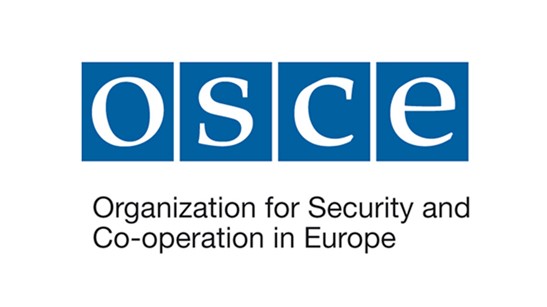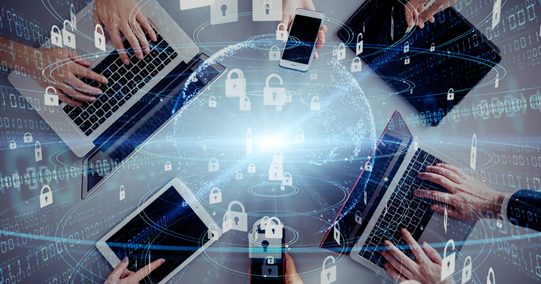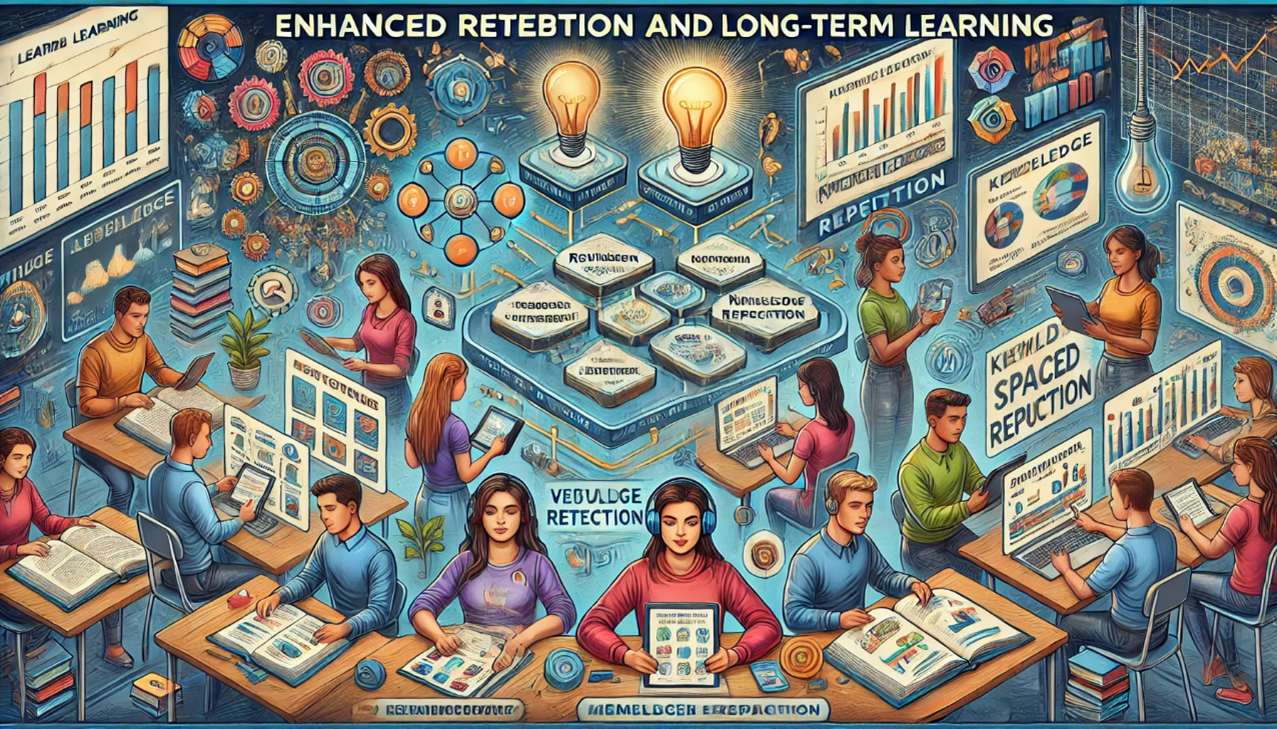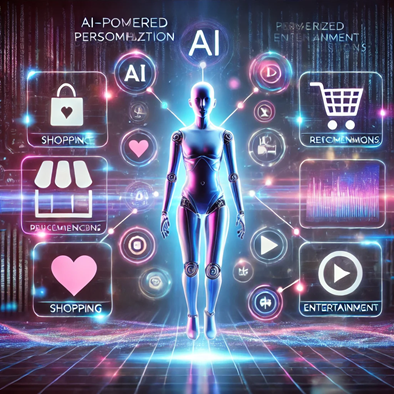How Should Governments Regulate the Use of AI in National Security?

How Should Governments Regulate the Use of AI in National Security?
by Nathaniel 02:33pm Feb 03, 2025

How Should Governments Regulate the Use of AI in National Security?
The rapid advancements in Artificial Intelligence (AI) have introduced significant opportunities and risks, particularly in the domain of national security. AI technologies, including machine learning, autonomous systems, and data analytics, are increasingly being integrated into military and intelligence operations, creating new ways to enhance defense capabilities. However, the same technologies raise serious ethical, legal, and security concerns. As AI continues to evolve, governments must establish frameworks to ensure that its use in national security is both effective and responsible. In this essay, we will discuss how governments should regulate AI in national security, balancing innovation with accountability, transparency, and ethical considerations.
The Need for Regulation
AI has the potential to dramatically transform national security in multiple ways, such as through enhanced surveillance, autonomous weapons, cyber defense, and intelligence analysis. However, without adequate regulation, the deployment of AI in national security can lead to unintended consequences, including the escalation of conflicts, violations of privacy, and the loss of human oversight in critical decisions.
Ethical Concerns
One of the primary concerns regarding AI in national security is its potential to make decisions without human intervention. Autonomous weapons, for example, could theoretically engage in combat without human oversight, leading to ethical dilemmas about accountability and the potential for unintended harm. Autonomous systems may lack the nuanced understanding of human consequences or fail to distinguish between combatants and non-combatants. Therefore, regulation must ensure that AI systems in national security are designed with robust ethical safeguards, such as clear rules of engagement and mechanisms for human oversight.Privacy and Civil Liberties
AI's application in intelligence gathering, surveillance, and data mining can lead to significant intrusions into privacy. AI-powered systems can analyze vast amounts of data, including communications, social media activity, and personal records, to identify threats or patterns. While this can be crucial for national security, it also raises concerns about mass surveillance, the erosion of privacy, and potential misuse of sensitive data. Governments need to regulate how AI is used in surveillance to ensure it complies with human rights standards and protects citizens' privacy and civil liberties.Security Risks and Misuse
AI in national security could also present significant risks if it falls into the wrong hands. Adversaries could exploit AI technologies for cyberattacks, misinformation campaigns, or autonomous weapons that can disrupt international stability. There is also the risk that poorly designed AI systems could malfunction or be exploited by adversaries,potentially leading to catastrophic consequences. Governments must regulate the development, deployment, and export of AI technologies to ensure they are not used to undermine national or global security.
Key Regulatory Areas for AI in National Security
Transparency and Accountability
One of the fundamental principles of regulating AI in national security should be transparency. Governments must ensure that AI systems used for national security purposes are subject to clear standards of accountability. When AI systems make decisions, especially in high-stakes contexts like military operations or intelligence gathering, it is essential to have mechanisms in place that allow for the explanation of these decisions. Transparency helps build trust in AI systems, ensuring that they operate within the confines of established laws and ethical guidelines.
Governments should establish oversight bodies, independent of military or intelligence agencies, that are responsible for reviewing AI technologies and their deployment. These bodies could assess whether AI systems comply with international humanitarian law, human rights standards, and national regulations.
Human Oversight
AI systems in national security should never be completely autonomous,particularly in decision-making areas involving the use of force. Human oversight remains crucial to ensure that AI technologies are used responsibly. This oversight can be built into the design of AI systems, ensuring that there is always a human in the loop for critical decisions, such as launching military strikes, activating defensive systems, or engaging in surveillance. Governments should mandate that AI systems have a clear "human override" mechanism, allowing military and intelligence personnel to intervene if the system acts in ways that could lead to unintended harm or escalation.International Cooperation and Standards
AI in national security does not operate within the confines of national borders. Given the global nature of AI technology and its potential impact on international peace and security, governments should work together to establish international norms and agreements for the use of AI in military and intelligence operations. Multilateral discussions, led by international organizations such as the United Nations (UN) or the Organization for Security and Co-operation in Europe (OSCE), can help establish rules governing the use of autonomous weapons, cyber warfare,and surveillance systems.
International cooperation can help ensure that AI technologies are used responsibly and prevent an AI arms race. Agreements could address concerns such as the ethical deployment of autonomous weapons, preventing the use of AI for mass surveillance, and establishing clear guidelines for AI in warfare to prevent violations of international humanitarian law.
Security and Safety Standards
Governments should set clear technical standards to ensure the security and safety of AI systems used in national security. These standards should address issues such as robustness against adversarial attacks (where AI systems are intentionally manipulated to behave in harmful ways),reliability, and system testing to ensure that AI technologies perform as expected in real-world scenarios. Regular audits and testing of AI systems should be mandatory, ensuring that security vulnerabilities are identified and addressed before deployment.AI in Cybersecurity
AI has the potential to revolutionize cybersecurity, providing faster, more efficient ways to detect and mitigate cyber threats. However, AI can also be weaponized to conduct cyberattacks. Governments must regulate the use of AI in cybersecurity to ensure that it is used ethically and responsibly. This includes establishing legal frameworks for the use of AI in cyber defense, ensuring that AI-driven responses to cyber threats do not violate privacy rights, and preventing AI from being used in offensive cyber operations that could escalate conflicts.Research and Development Controls
To mitigate the risks of AI proliferation, governments should regulate the development and export of AI technologies with national security implications. Export control regulations could help prevent adversaries from gaining access to sensitive AI technologies that could be used for harmful purposes. Governments should also encourage collaboration between the private sector, academia, and defense agencies to ensure that AI development is guided by ethical principles and national security concerns.
Conclusion: Balancing Innovation and Responsibility
As AI continues to evolve, governments face the complex challenge of regulating its use in national security. Effective regulation should ensure that AI enhances national security while protecting human rights, privacy, and international stability. By establishing robust ethical guidelines, promoting transparency and accountability, and fostering international cooperation, governments can harness the potential of AI while minimizing its risks. Regulation must strike a balance between innovation and responsibility, ensuring that AI technologies are developed and deployed in ways that enhance security without undermining ethical and legal standards. Through careful oversight, the responsible use of AI can help safeguard national security while maintaining global peace and stability.






